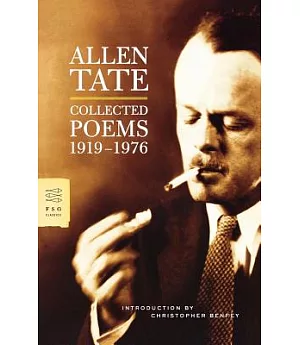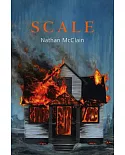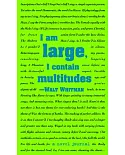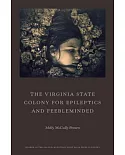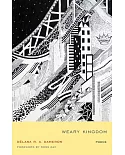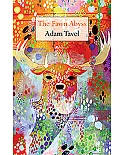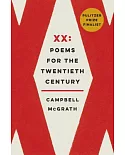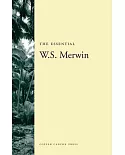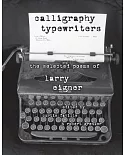One of the early-twentieth century Southern intellectuals and artists of the early twentieth century known as the Agrarians, Allen Tate wrote poetry that was rooted strongly in that
region’s past—in the land, the people, and the traditions of the American South as well as in the forms and concerns of the classic poets. In “Ode to the Confederate Dead”— generally
recognized as his greatest poem—he delineates both the horror of the sight of rows of tombstones at a Confederate cemetery and the honor that such sacrifice embodies, resulting in "a
masterpiece that could not be transcended" (William Pratt).

